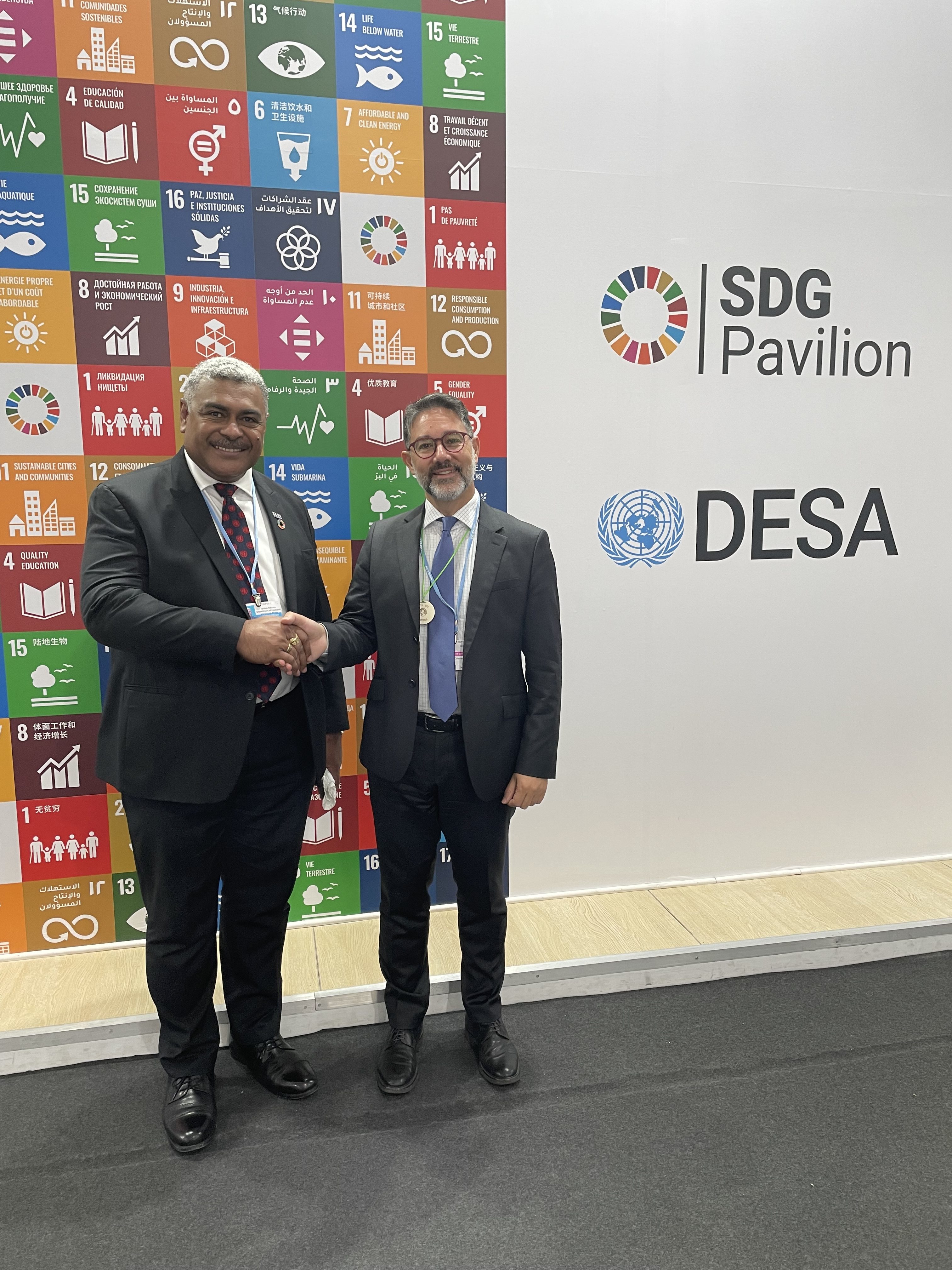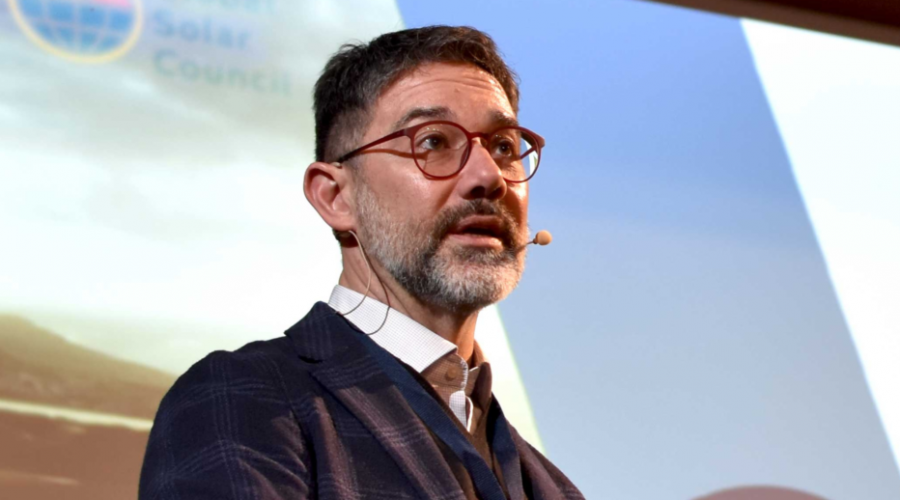The COP27 outcome document “Sharm el-Sheikh Implementation Plan” includes an historic agreement to create a fund to help developing nations face the loss and damage caused by climate change around the world.
Attempts to increase the ambition of national decarbonization plans and to peak global emissions by 2025, as well as phasing out all unabated fossil fuels have failed, to the benefit of the fossil fuels lobbies. Nevertheless, the deal potentially rebalances the relation between poor and wealthy nations.
Yet, the details of how the mechanism will work and how much rich countries will contribute – as well as which countries will be included in the donors list – are to be agreed upon over the next months, and then taken up at the COP28 in the United Arab Emirates in 2023. Rich nations have a track record of not living up to their climate promises.
Greening the Islands (GTI) welcomes the agreement. However, it is concerning that the final document makes no mention of Small Island Developing States (SIDS). GTI calls on governments and officials who will implement the funding mechanism that it be directed with priority to SIDS, as they are the ones who suffer the most from the worst effects of climate change and those who are the most in need of financial aid. Despite being those who contributed the least to climate change, many risk extinction as sea level rises.
SIDS, and islands in general, urgently need investments to become more resilient and self-sufficient, including becoming less dependent on the import of water and fossil fuels. This is an unprecedented opportunity, as islands are laboratories of innovation. Indeed, loss and damage funding can represent a down payment on a longer investment in the future of all communities. In fact, islands are recognized as laboratories for testing sustainable solutions and green technologies that will benefit the mainland as well.
GTI is committed to work with its partners and its Observatory members to have a positive influence and support the proper implementation of the fund, ensuring islands’ voice is heard. GTI will make it a center matter of the upcoming GTI Observatory Summit in Gran Canaria in early 2023 which will involve global leaders of the sustainable transition of islands worldwide, from the public and private sectors.
GTI at COP27
GTI has partnered up with UNDESA to organize an event in the SDG Pavilion in the Blue zone of COP27 in Sharm el-Sheikh.
The event – Helping SIDS transition to Low-Carbon Mobility System “Climate, Transport and Energy Nexus” – debated on the effects of climate change on the islands and on the role of the transport sector as one of the main sources of climate-altering emissions and pollution, especially around ports.
GTI remarked on the importance of adopting an integrated approach to the islands’ circular economy starting from the monitoring phase until the implementation of innovative solutions, to help island communities advance their resiliency and self-sufficiency.
Today, islands experience a much-disadvantaged situation compared to the mainland as they are generally reliant on imports of water and fuel at very high costs. The share of renewable energy sources on islands is commonly low, contributing to making power generation expensive and insecure.
“SIDS contribute insignificant proportions to global greenhouse gas emissions and energy consumption, but are highly exposed to climate change impacts, in particular to extreme weather events and sea-level rise. There is a great need for targeted investments into SIDS to transition to sustainable technologies and practices, and to set targets towards zero carbon by 2040”, said Sai S. Navoti, Chief SIDS Unit UNDESA.
Gianni Chianetta, Founder & Director of GTI, took part in the event to propose innovative tools to assess islands’ state and inform their decarbonization strategies, monitor their progress towards self-sufficiency, and promote their sustainability results.
The internationally agreed development path for SIDS laid out in the SIDS Accelerated Modalities of Action (SAMOA) Pathway envisages a great scaling up of action and focused attention on the areas that GTI follows since years, such as energy, water, agriculture, waste, mobility and more.
The impacts of COVID-19, the war in Ukraine and climate change are exacerbating islands’ disadvantages. Now more than ever, strategic partnerships are needed. That’s why GTI is glad to be a partner of SIDS and to share the lesson learned and the best practices gathered.












